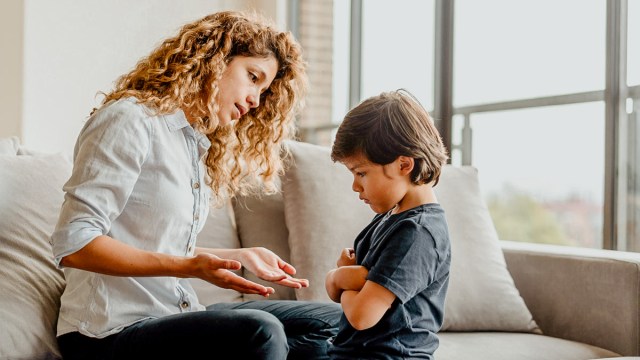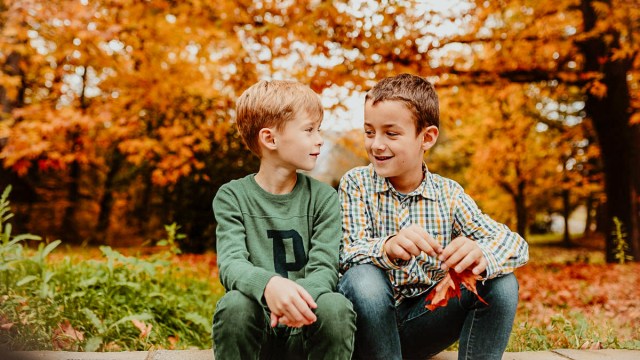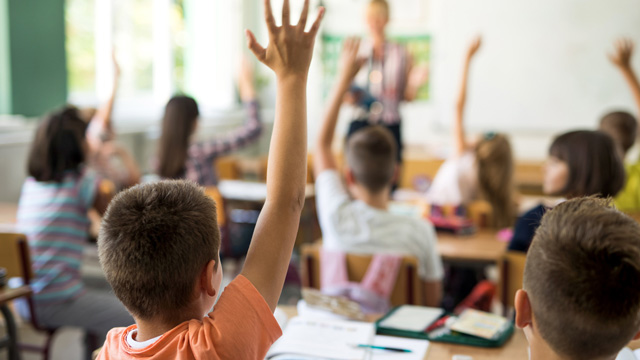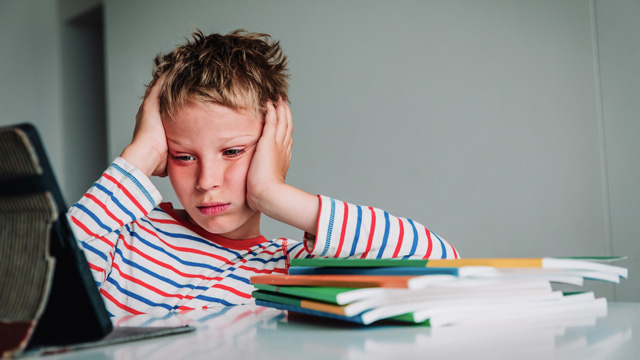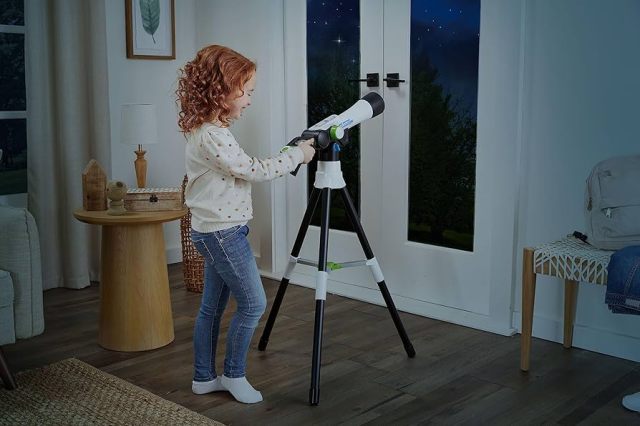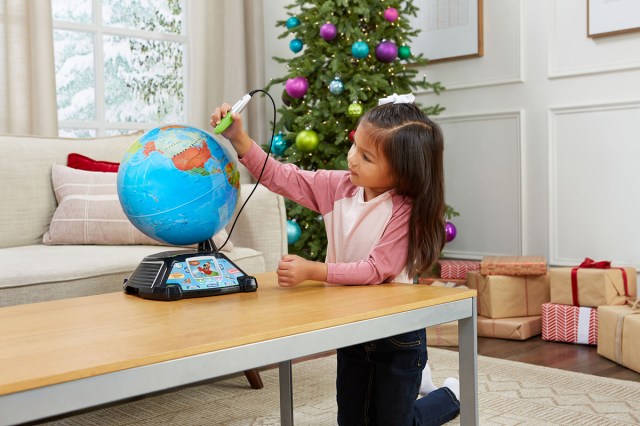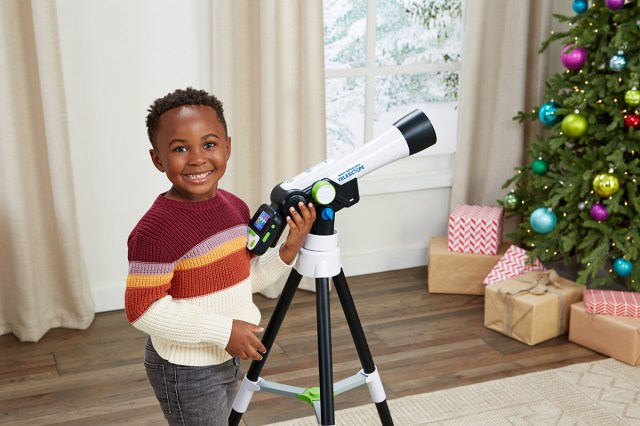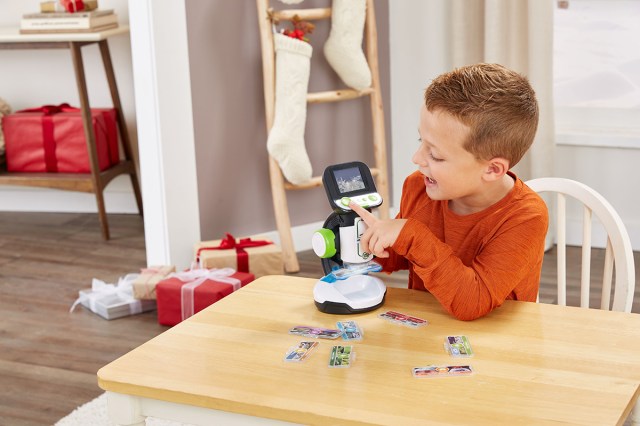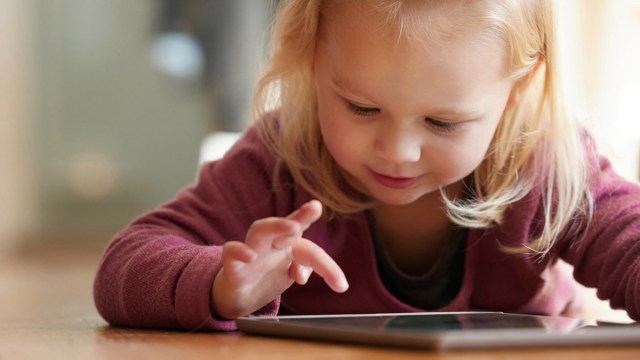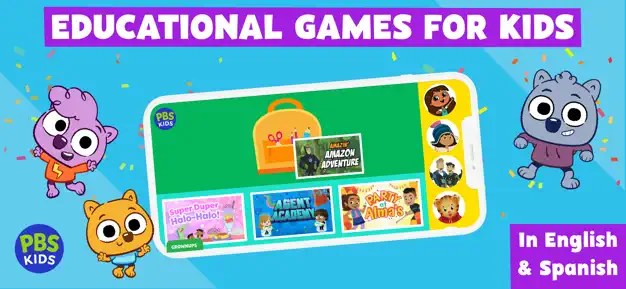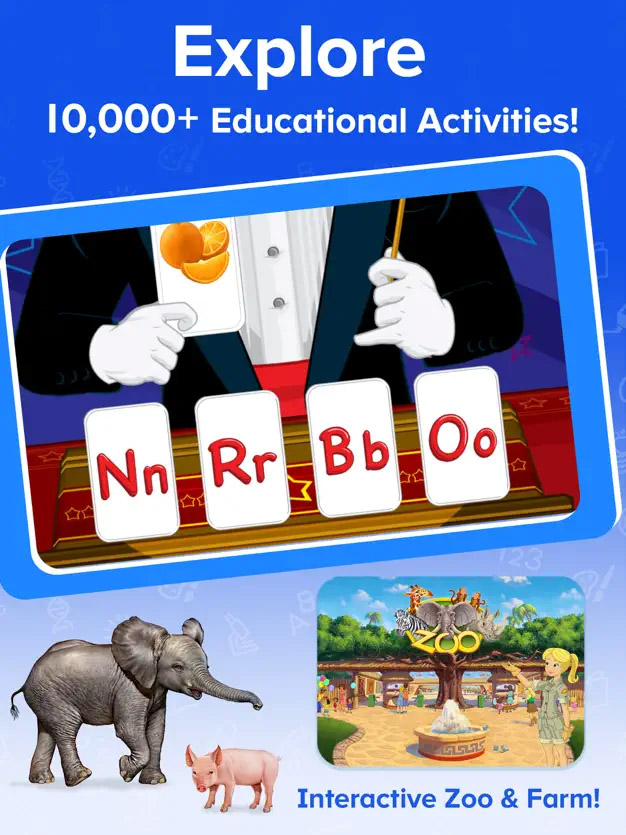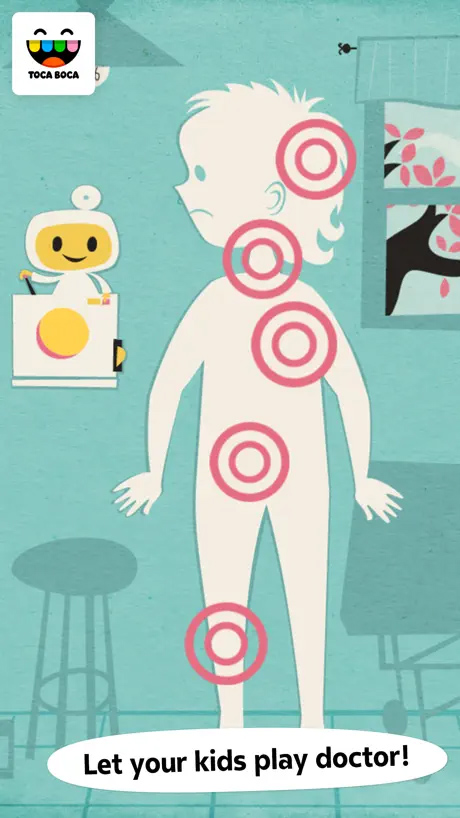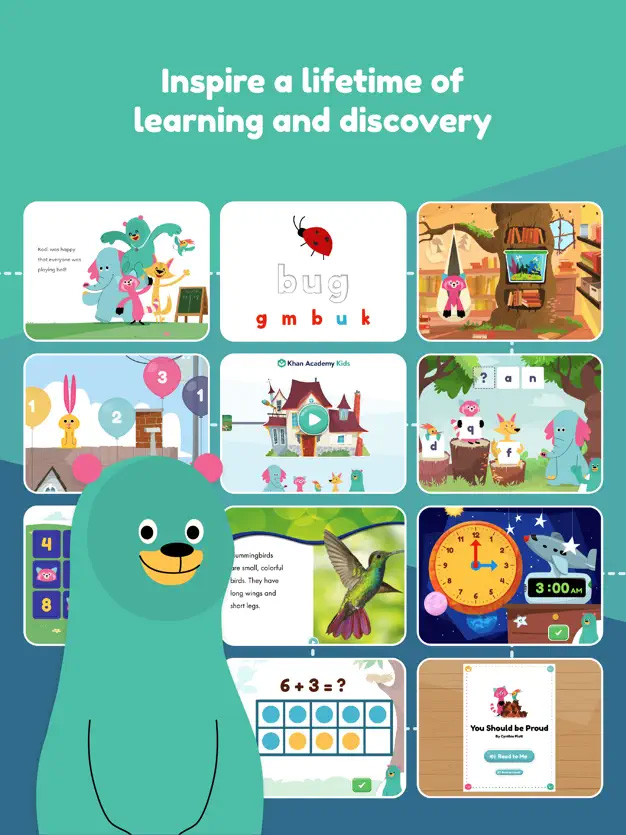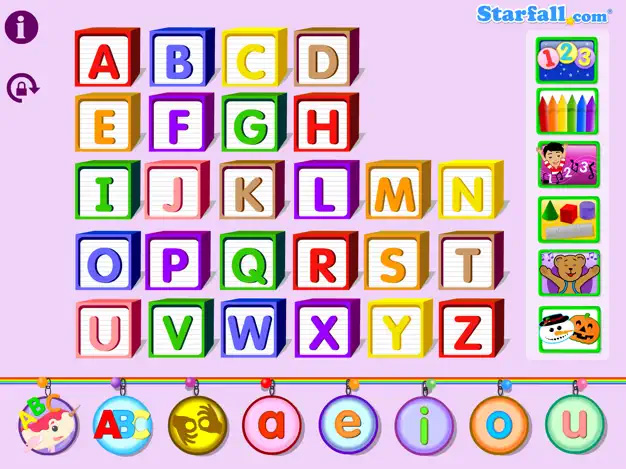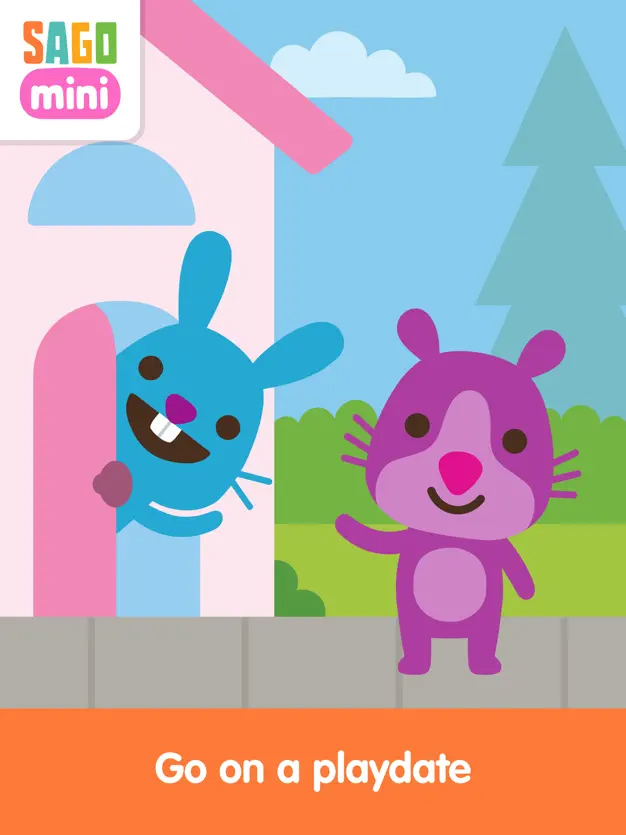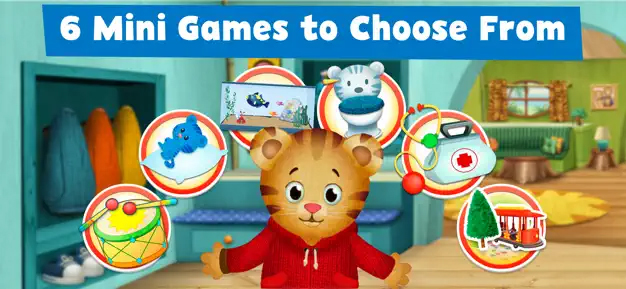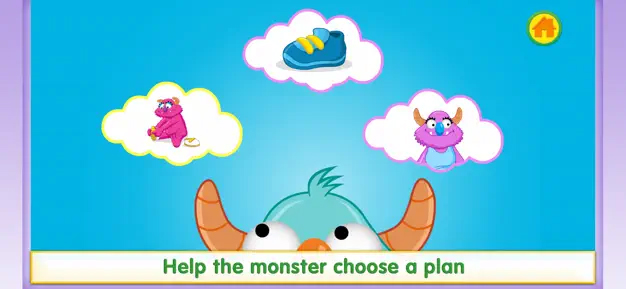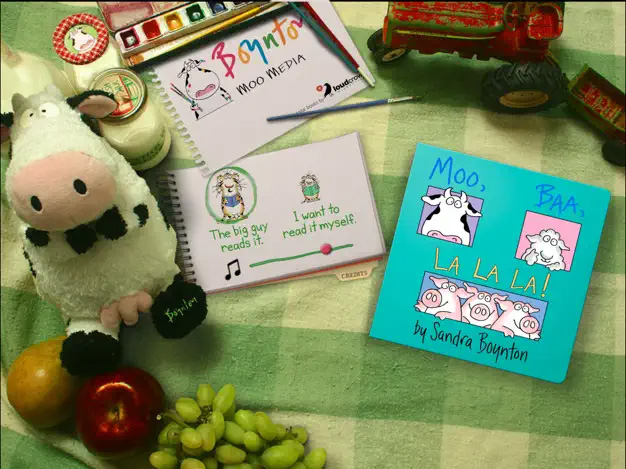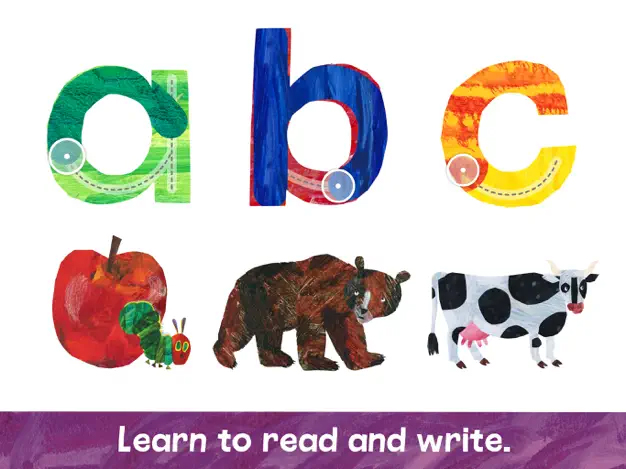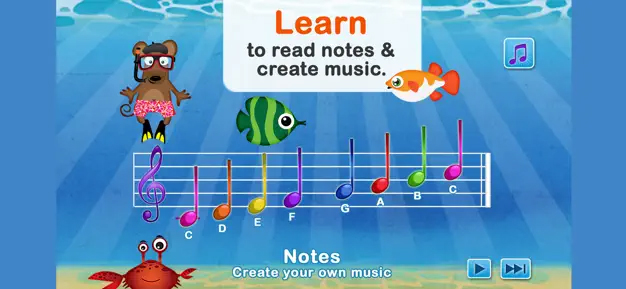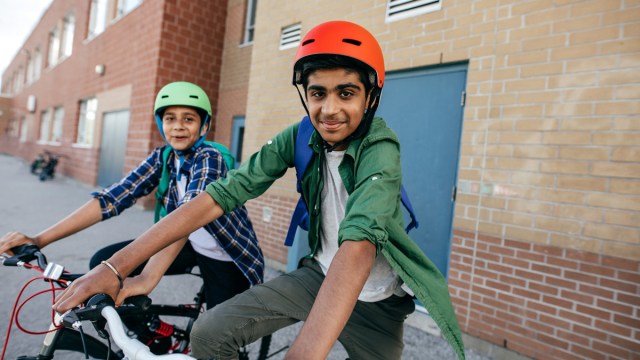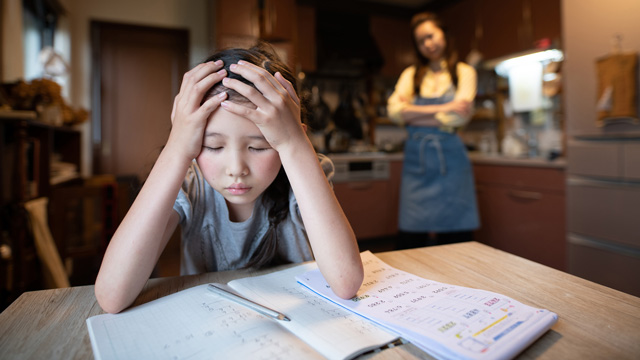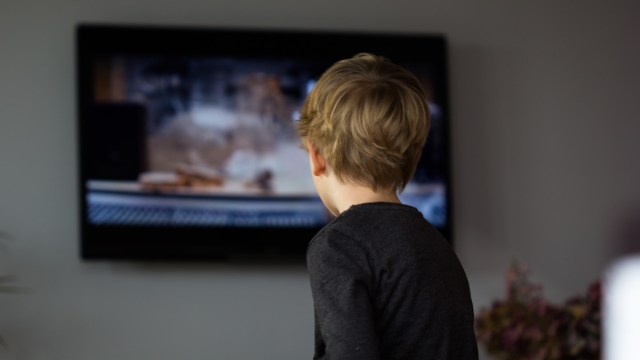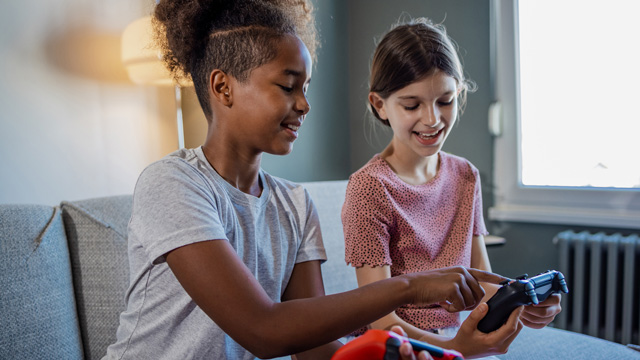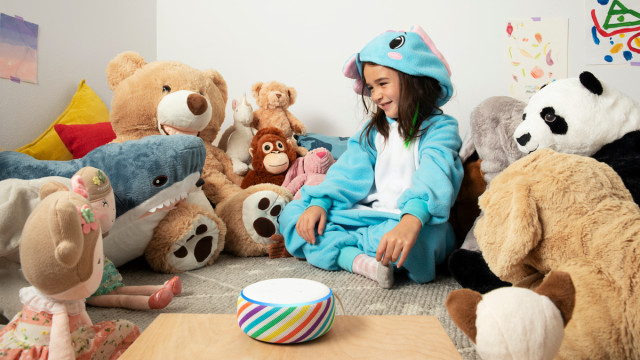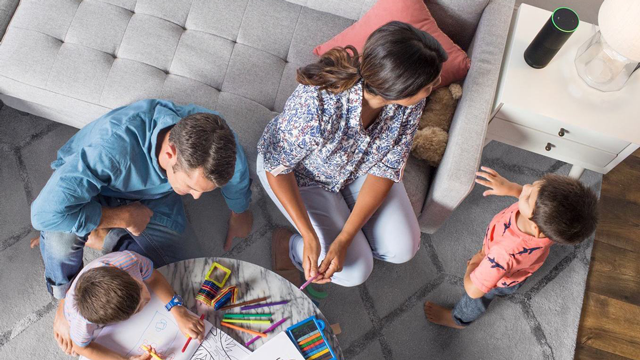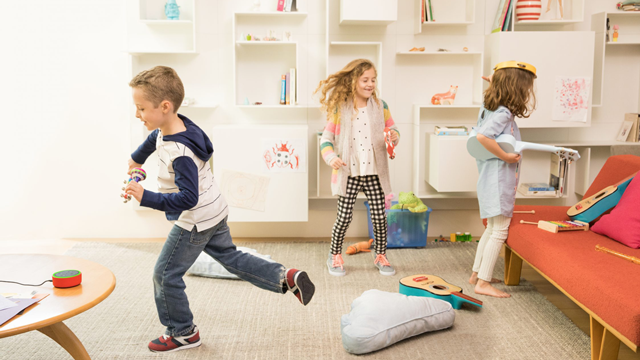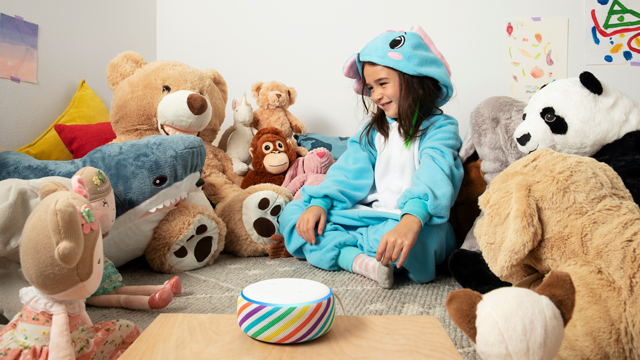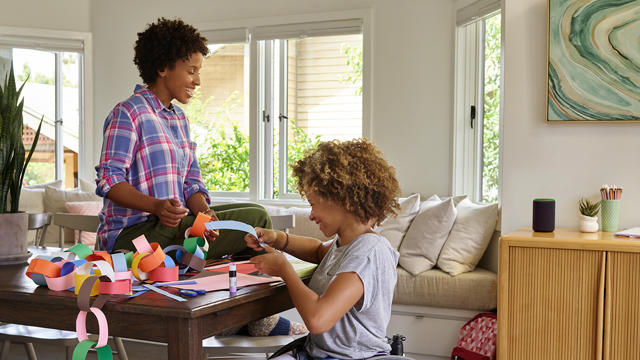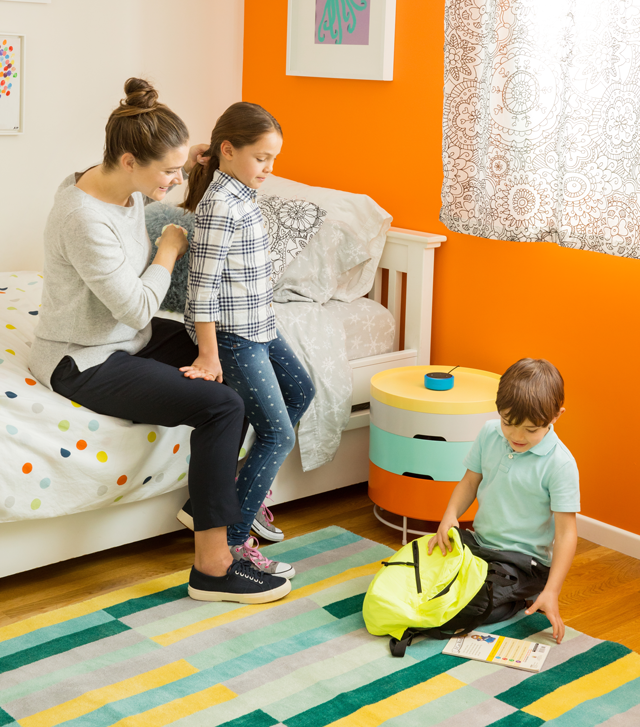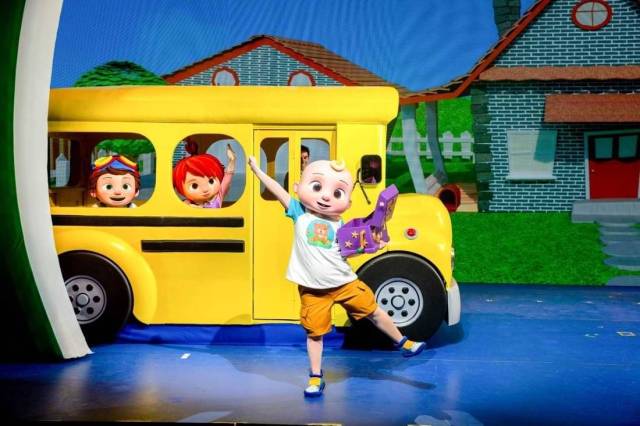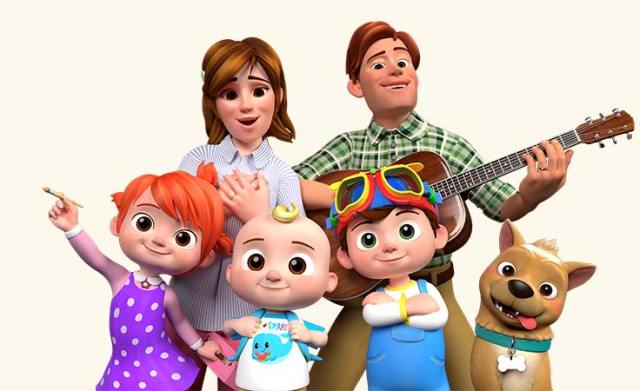As parents, we’re always trying our best to support and encourage our children and build up their self-confidence so they can thrive in the real world. But there are times when the words and phrases we choose end up doing more harm than good. Sometimes it’s out of a lack of understanding; other times, it’s because we simply lost our cool—who among us hasn’t snapped a bit after the 500th interruption?
To break those toxic cycles and help our kiddos grow into their best selves, though, we need to be more mindful of the things we say. Even if you have toddlers who are on the younger side, you can stay ahead of the game by being prepared not to start any of these bad habits. So have a look at this list of phrases that might secretly undermine our child’s self-confidence and learn some new alternatives that can get your point across without causing any real damage.
1. “Why can’t you do anything right?” (or “You can’t even do this simple thing!”)
Most of us have had a moment of weakness where we snapped at our kid for being unable (or unwilling) to complete the simplest task. You might be frustrated at their constant need for your help, but despite your feelings, this is one type of phrase you just don’t want to use.
“This kind of statement is an absolute negative, making the child believe that they’re inherently incapable,” says Alex Anderson-Kahl, a nationally certified school psychologist. “Over time, they may internalize this belief, thinking they’re incompetent in all areas.”
Dr. Thai Alonso, a bilingual licensed clinical psychologist, agrees that this sort of phrase corrodes a child’s self-worth.
“(Additionally) the impact it has on the parent-child relationship… oftentimes becomes the archetype for future relationships. Think about it this way, ‘How would I feel if my child’s friends or future partner spoke to them this way?’ Instead of shaming, try being curious about what got in the way. For instance, ‘We agreed that you would [insert task] and it did not get done. What happened?’” she says.
2. “You’re not as good as [another child].” or “Why can’t you be more like your sister/brother/another child?”
There’s never a good reason to compare a child to their siblings, cousins, or other peers.
“Comparing a child negatively to others can make them feel inadequate and less valued. They might begin to believe they can never measure up or that their own achievements are worthless,” Anderson-Kahl says.
According to Dr. Alonso, “Comparisons to siblings are especially insidious and often breed resentment. As parents, it is in our children’s best interest to support their sibling relationships (one of the few lifelong relationships most people have) instead of using them as leverage and to instill shame.” Dr. Alonso recommends using phrasing like, “I am feeling frustrated and want to help us figure this out. What is going on?”
“Leave the comparison out of it. We already do enough of that on our own,” she adds.
3. “You’ll never be able to do that.”
Why would a parent want to put a boundary on what their child can achieve? This is especially true for toddlers and little kids who are inherently driven to seek independence and practice new skills.
“Telling a child what they can’t do sets a limitation on their potential. They might become fearful of trying new things, believing they’re destined to fail,” Anderson-Kahl says.
Instead of adding fear, anxiety, and insecurity, you can try asking a child why they would like to do the activity or action in mind, and even help them brainstorm ways to reach their goal. Even if it’s something that feels out of our own reach, there’s no reason to put a damper on their dreams.
4. “You never do as I say.” or “You don’t listen to me.”
All children are defiant at some point, and a lot of this is perfectly typical and even good for their development. But using absolutes like “never” is rarely useful.
“When a child is constantly told, ‘You never do as I say,’ they may internalize this belief and think they are incapable of following instructions,” says Matt Scubert, a mental health counselor that works with children and parents.
“In contrast, a more constructive parental response would be, ‘You are usually such an amazing listener. Why are you struggling to listen this time?’ By phrasing it this way, the child is reminded of their usual positive behavior as an active listener, which fosters a positive self-perception,” he says.
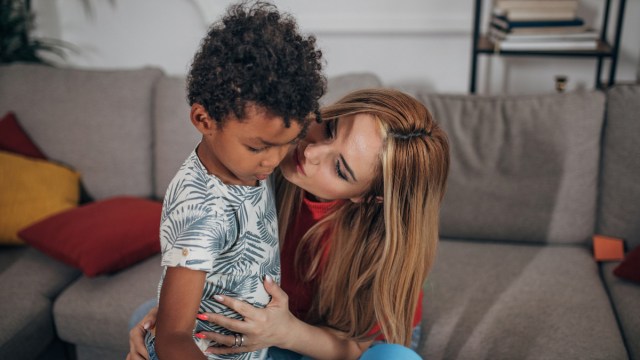
5. “You make me feel [insert negative experience].”
It’s not always intentional, but many a stressed parent has likely inadvertently blamed their child for their feelings.
“This can range all the way from something like, ‘You made me so mad!’ to something cruel such as, ‘You make me wonder why I even had another child.’ These messages come from a place of parental desperation and communicate to children that they are the parent’s source of grief, are responsible for the way their parents feel, are disliked, and maybe even abhorred,” Dr. Alonso says.
She recommends that parents remember children ultimately just want to feel loved and respected and should take a beat to calm down before letting a phrase like this slip out.
“A parent can be honest and communicate their frustration or worry in a healthy way. One way of doing this would be: ‘I was really mad before because I was so worried about what it would be like for you if you failed this test. I love you and want good things for you. Let’s talk about what got in the way of you studying and how I can support you,’” she says.
6. “It’s no big deal.” or “It’s not scary.”
Building a child’s self-confidence includes acknowledging and respecting their feelings, even if they don’t align with ours.
“For instance, saying something like ‘This isn’t scary’ to a child that is anxious about something reinforces that their feeling isn’t valid,” says Jill DiPietro, owner and therapist at Foundations Therapy in NYC. “The same is true for minimizing behaviors. For instance, ‘Stop crying. This isn’t a big deal.’ These types of statements minimize a child’s natural feelings and reactions,” she says.
DiPietro says these types of comments can lead to friction in the parent-child relationship, resulting in kids feeling unsafe to express their genuine emotions.
“Instead, practice pairing empathy with encouragement. This may sound like this: ‘I know you feel scared right now and know that mom is here to support you,’ or ‘This can feel scary. It’s okay to cry. I know we can be brave and do this together,’” DiPietro says.
7. “I don’t know why I bother with you.”
It isn’t hard to imagine a parent asking a child to help them with something only to find the child is unable to complete the task, and then becoming increasingly impatient or annoyed with said child. But that doesn’t give license to utter a phrase like this.
“This (phrase) indicates a lack of worth or value in the child’s presence or efforts. Feeling unappreciated or unwanted can lead to feelings of rejection and a belief that they’re unlovable. Words carry weight, especially coming from influential figures in a child’s life. Positive reinforcement, patience, and understanding are crucial for nurturing their self-esteem and confidence,” Anderson-Kahl says.
8. “You’re just not trying hard enough.”
Not all that dissimilar from the last phrase, this one puts a lot of pressure and shame on the child that’s hearing it. While some kids might not always put forth all the effort (because maybe they want to return to playing a game or having free time), this is the wrong way to go about encouraging them.
According to Dr. LeMeita Smith, a psychologist and a psychological advisor at Tarotoo, “When we tell a child that they’re not trying hard enough, we think we’re motivating them, but what they might hear is that their best isn’t good enough. We’re indirectly asking them to measure up to some impossible standard. This can chip away at their confidence, making them doubt their abilities and lose faith in their effort.”
9. “I do everything for you, and this is how you treat me?”
While many parents sacrifice a lot to give their child as much as possible, there’s never a reason to put this on the child’s shoulders, especially when they are still growing.
“This (phrase) can make children feel like they owe something for being cared for. It can create guilt and the notion that love and care are transactional,” says Bayu Prihandito, a certified psychology expert. “Words have a lasting impact, especially on young minds. These phrases can instill negative perceptions in kids… and over time, these beliefs can shape their personalities and behaviors in adverse ways.”
Rather than try and guilt children into being thankful, it’s better to try and instill a regular gratitude practice in their daily lives.
